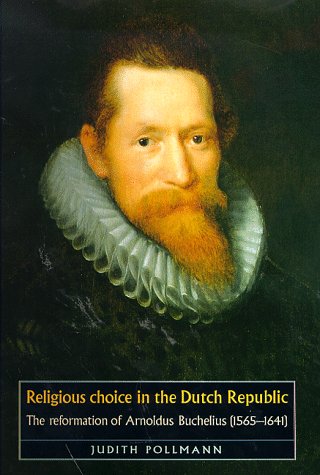Studies in Early Modern European History
1 total work
Catholics, Calvinists, Mennonites, Arminians, Libertines: the Dutch Republic has always been renowned for its religious diversity. This book asks the question: why did individual Dutch believers decide to join, or not to join, one of the many churches and what consequences did these decisions have for their lives? It addresses this problem through the collection of autobiographical writings of the Utrecht lawyer Arnoldus Buchelius (1565-1641). Raised as a Catholic, he was for some time without any religious affiliation, then became a Libterine Protestant and ultimately developed into a Contra-Remonstrant Calvinist. It is often assumed that voluntary conversion resulted from a deliberate choice of doctrine, a spiritual change in the individual believer of the social benefits which church membership could confer. This study argues that it is equally important to understand religious choice as a response to anxieties about the salvation of a society undergoing rapid change.
The author demonstrates how their approach to church membership enabled Dutch believers to combine strong confessional partisanship with an ongoing ability to appreciate the piety of individuals of other churches and thus proposes a new explanation for the absence of religious violence in a multiconfessional society.
The author demonstrates how their approach to church membership enabled Dutch believers to combine strong confessional partisanship with an ongoing ability to appreciate the piety of individuals of other churches and thus proposes a new explanation for the absence of religious violence in a multiconfessional society.
